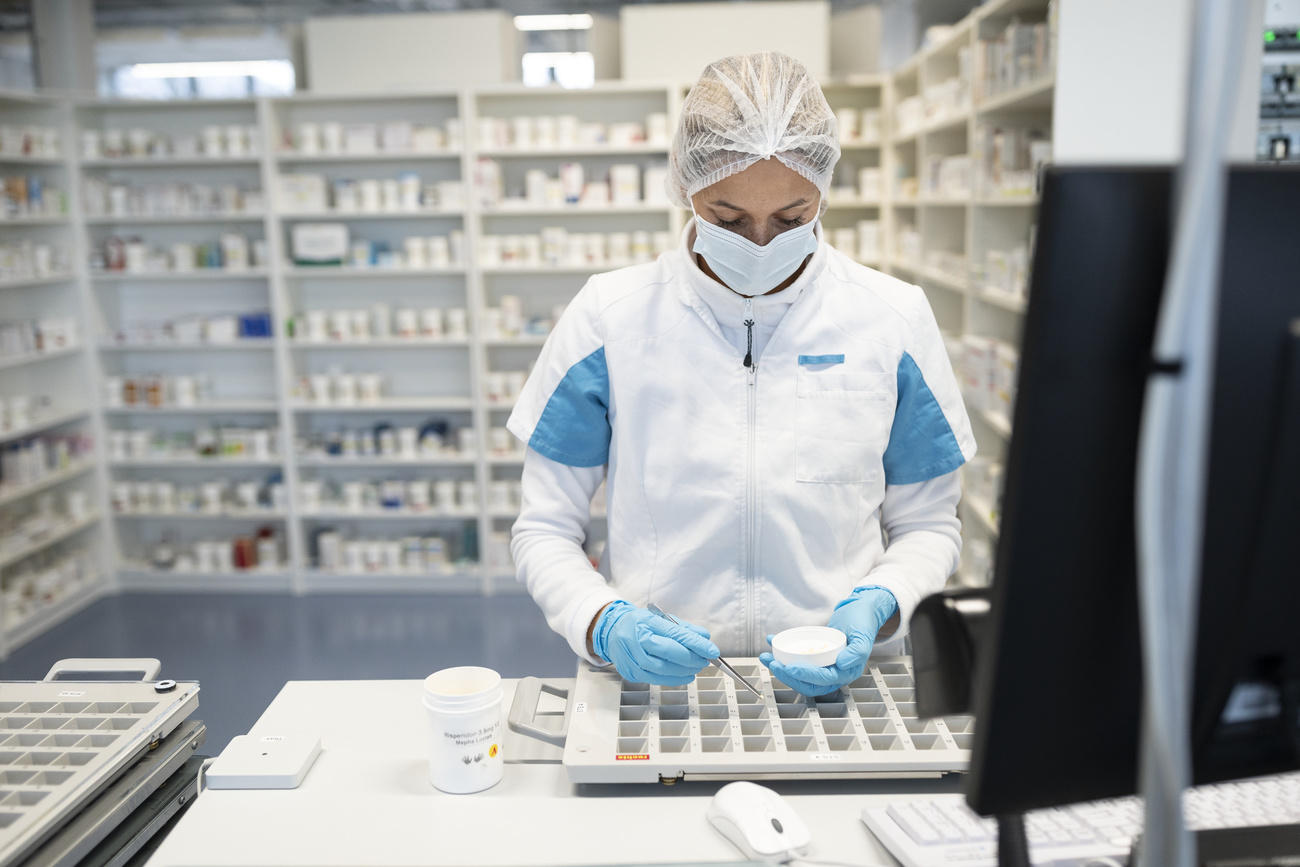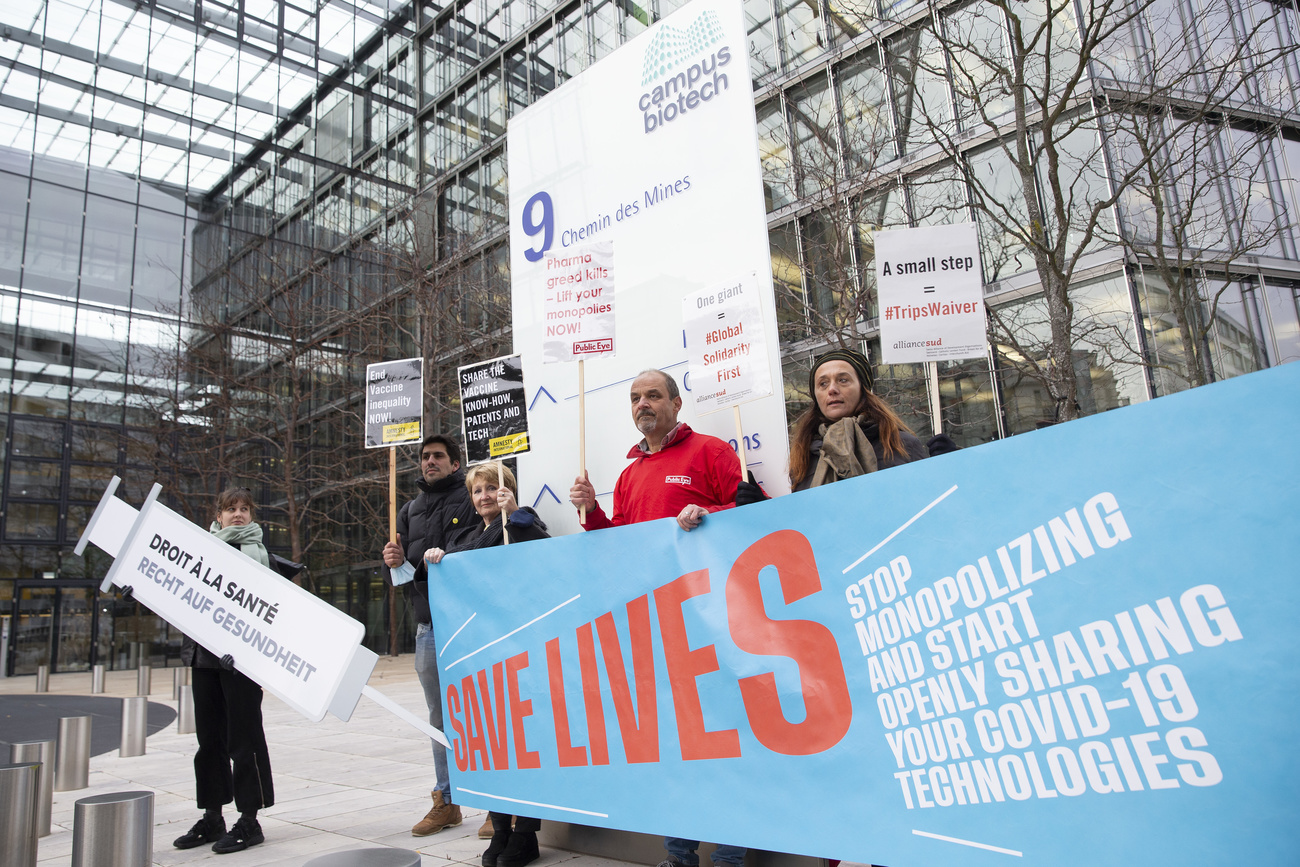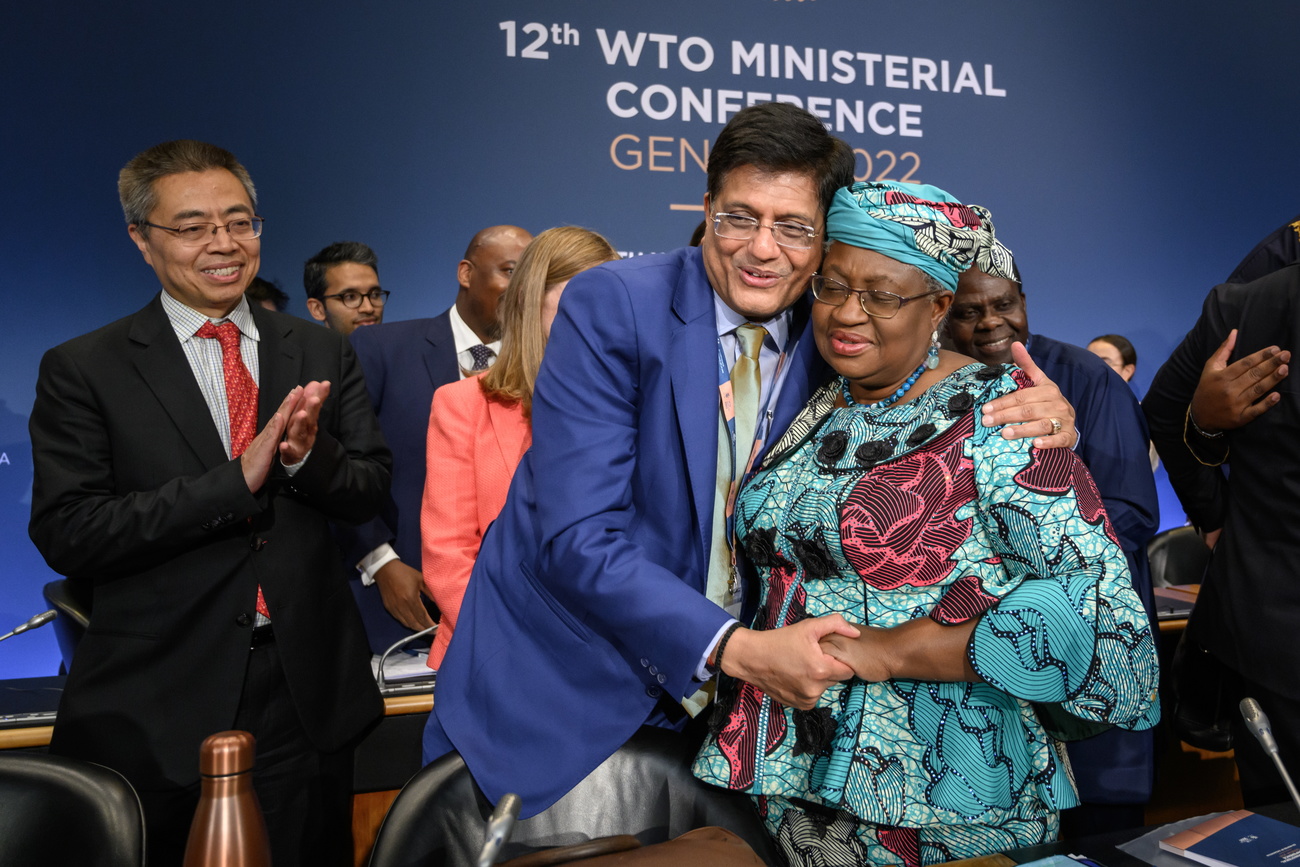Covid-19 innovations needed today and for future pandemics
The World Trade Organization ongoing discussions on watering down intellectual property protections need to look more closely at the facts.
Science and innovation delivered medical countermeasures to fight against the Covid-19 pandemic. However, since October 2020, the very innovation system that delivered these products, has been under threat. Last summer, following a highly politicised debate a World Trade Organization decision was taken to weaken the intellectual property (IP) rights of innovator companies for Covid-19 vaccines.
At the same time, Member States gave themselves more time to consider an innocuous sounding “extension” of that decision, to be applied to Covid-19 diagnostics and therapeutics. This is what the World Trade Organization will be discussing this week.
Proponents claim that intellectual property rights have been a barrier to scaling up manufacturing, delivery and access to these countermeasures. The waiver, they argue, would lead to a mushrooming of manufacturers that can meet unmet demands.
Truth of the matter is, while access is a critical priority, the plan before the WTO has been based, from the start, on the wrong premise.
Facts show that, whether it be vaccines, treatments or tests, IP rights have not prevented developing countries from getting the tools necessary to fight Covid-19. On the contrary, strong IP protections have, over the years, provided a framework for thriving pharmaceutical innovation, which resulted in solutions against Covid-19 in record time.
Take for example, mRNA technology. It first came to light in the 1960s, but it was only thanks to decades of R&D supported by the IP framework, that most recently it resulted in the mRNA to be put into a lipid bubble and administered as a vaccine that some of the most effective Covid-19 vaccines were developed and produced in their billions, saving millions of lives and halting the tremendous loss the Covid-19 pandemic brought to the world economy.

More
Fight over rights to Covid-19 drugs puts Switzerland in a tough spot
For more than 10 years, investors in companies such as BioNTech and Moderna have put billions of dollars into developing mRNA platforms, without any guarantee of getting a return on their investment. It was only in 2020 with the successful development of Covid-19 vaccines that these companies became fully commercial.
IP protections have also given confidence to companies to enter voluntary partnerships that have enabled the manufacturing scale-up needed around the world. In fact, vaccine manufacturers from developing countries are the first to acknowledge that voluntary technology partnerships need to be just that — voluntary. Solutions to challenges in production, workforce, supplies, quality, and regulatory approvals, must be done by working together.
For Covid-19 treatmentsExternal link, IP has enabled over 150 voluntary licensing partnerships, of which 96% are technology transfer arrangements, either bilaterally from business to business, or multilaterally using the Medicines Patent Pool. These partnerships go far beyond granting a license on the patent but include technology transfer and know-how sharing in the broadest sense.
Global demand for Covid-19 treatments in both high and lower-income countries has constantly been revised downwards. According to the ACT-Accelerator Covid-19 Therapeutic Partnership, of the 13 million courses of oral treatments secured by the Global Fund and UNICEF for lower-income countries, about 3% have been requestedExternal link by 22 countries. Today, combined with tiered pricing and not-for-profit arrangements for low- and middle-income countries, 99.9% of Africa and all South Asia currently have access to the key therapeutics.
Whether or not to extend a waiver is not a harmless debate. The discussion creates uncertainty, and sends a wrong signal to those in the innovation sectors committed to tackle Covid-19 and develop tools for future pandemic preparedness.
In the short term, weakening the current IP framework can undermine the production capacity that has been set up around the world, in particular in lower-income countries, and remove checks on quality production.
For example, dozens of companies in India, Bangladesh, Egypt, and South Africa, are working together with innovator companies under voluntary licenses to produce Covid-19 treatments. They have agreed to share expertise and follow strict quality assurance policies and support the collection of data on adverse events to protect patients.
A waiver of any kind or a compulsory licence, precludes these strict regulatory reporting and quality assurance frameworks that keep patients safe. Patients, especially in low-income countries, would not be sure if their Covid-19 treatments come from a company working under strict quality controls or not. The lack of regulatory oversight opens the doorExternal link to substandard, adulterated or even counterfeit medicines entering the market.
Long term, a waiver also casts uncertainty on future innovation. There is currently a healthy pipeline of 884 Covid-19 therapeutics designations in clinical development. A waiver would remove critically important incentives to continue investing at-risk. New Covid-19 treatments to alleviate the symptoms of existing or new variants, or treatments for long-Covid could be jeopardised. Medicines (approved or in development) for other indications and being repurposed for Covid19 will be impacted too. This would currently affect around 434 treatment indications outside Covid-19, for promising treatments for cardiovascular, rheumatism or HIV because of the uncertainty that would be created by the waiver.
Finally, a waiver would also undermine the partnerships created, thriving local industries and small biotechs.
Member states should do more to address where the real bottlenecks lie: remove trade barriers, support measures that strengthen supply chains and delivery mechanisms. They can also do more to sustain testing, public awareness regarding treatments, additional and better trained health workers, better logistics, regulatory streamlining and strengthening.
The views expressed in this article are solely those of the author, and do not necessarily reflect the views of SWI swissinfo.ch.

In compliance with the JTI standards
More: SWI swissinfo.ch certified by the Journalism Trust Initiative












You can find an overview of ongoing debates with our journalists here . Please join us!
If you want to start a conversation about a topic raised in this article or want to report factual errors, email us at english@swissinfo.ch.